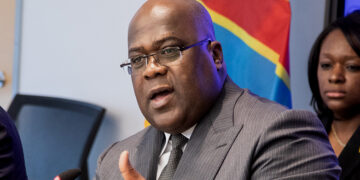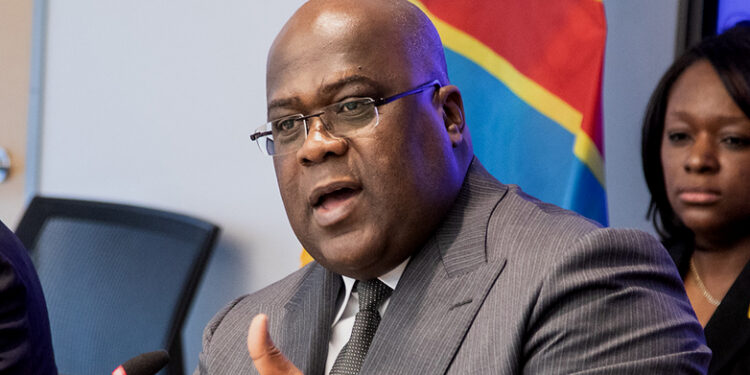The World Bank says it has suspended the disbursement of USD100 million in a programme to fund free schools in the Democratic Republic of Congo over “fraud and corruption” in the country’s education sector.
Directors at the development lender had signed off last year on USD800 million of funding for free primary schooling, a flagship project of President Felix Tshisekedi.
The alleged cases of fraud and corruption is connected with the use of public funds in the sector, as well as weaknesses in internal controls, the World Bank said in a statement.
“The disbursement scheduled for December is currently on hold, while the World Bank similarly exercises its own fiduciary responsibility,” the institution added, saying it was “working closely with the Congolese authorities”.
In its report, the IGF said it found fake invoices, lists of teachers stuffed with fake names at non-existent schools, as well as the suspected embezzlement of 63 billion Congolese francs ($31 million).
Trade union sources told AFP that two senior civil servants in the education system singled out by the report, including the head of teachers’ payroll, were in pre-trial detention.
“The two added large numbers of non-teachers to the payroll system on a regular basis,” said Jean-Bosco Puna of the National Catholic Teachers’ Union.
Tshisekedi’s education push saw four million new pupils sign up during the 2019-20 academic year, although the coronavirus pandemic forced a pause in teaching for six months.
Schools and universities had to close for a second time in December after reopening two months before.
The free school’s programme was estimated to cost USD2.6 billion when it was launched, more than one-third of the DRC’s annual budget for 2021 — even as other public goods like hospitals and roads are lacking.
Most of the DRC’s 87 million people are under the age of 20.




































